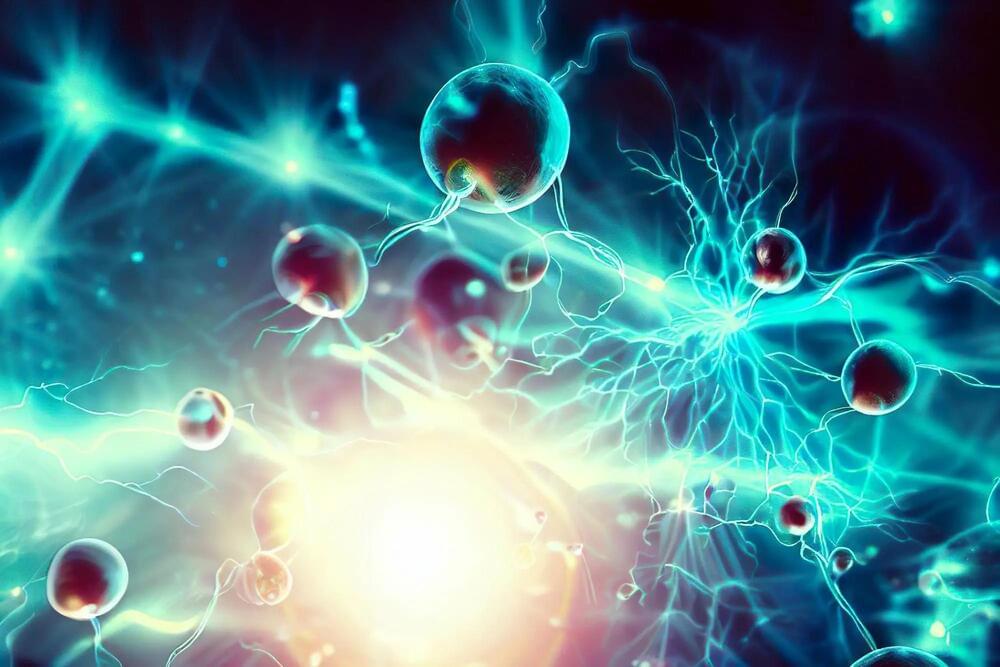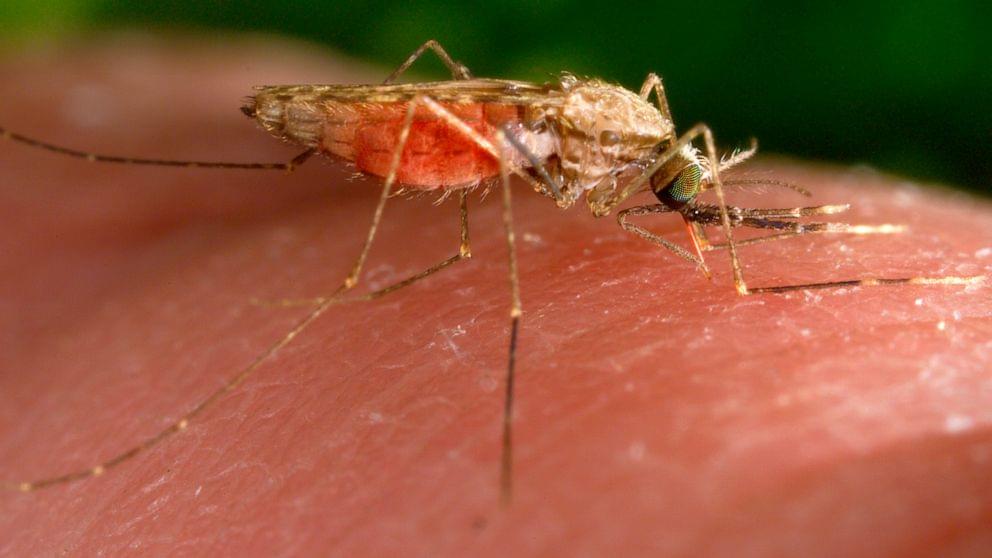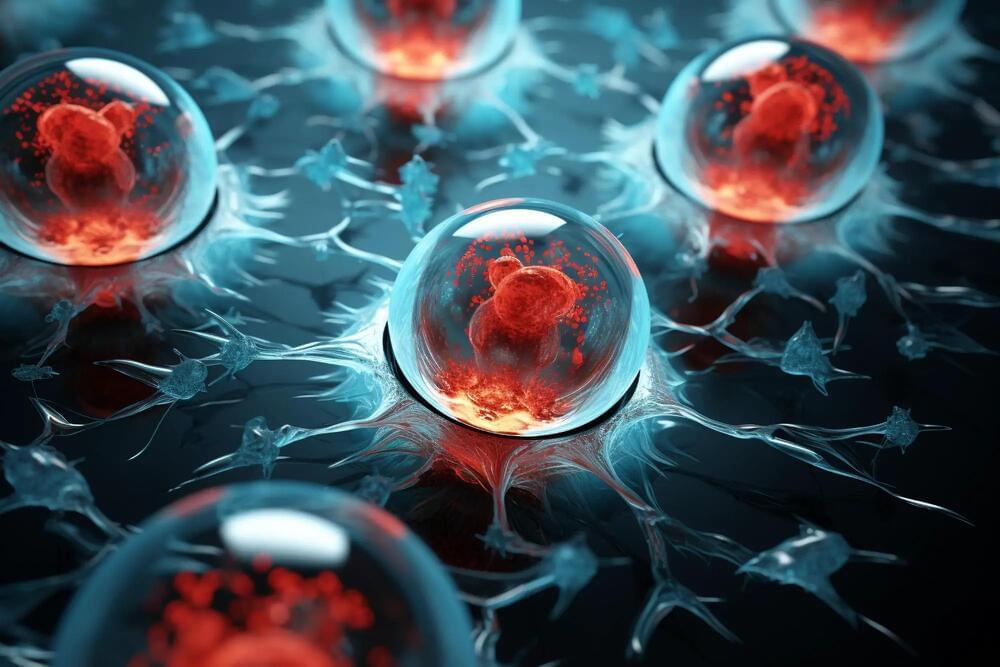Jul 9, 2023
Can Lightning’s electric motorcycle really charge as fast as a gas tank fill-up?
Posted by Quinn Sena in categories: climatology, sustainability
Touring, a type of riding that involves long distance trips, has long been the achilles heel of electric motorcycles. While e-motos have developed to the point where they can beat combustion engine motorcycles in nearly every other metric, quick recharging required for long distance riding has yet to reach parity with a gas station fill-up. At least, that was until Lightning Motorcycle debuted what it says is the fastest charging electric motorcycle yet.
Lightning Motorcycles, the Southern California-based boutique e-motorcycle manufacturer, claims that its new fast-charging electric motorcycle can recharge nearly as fast as a combustion engine motorcycle can refuel its tank.

















